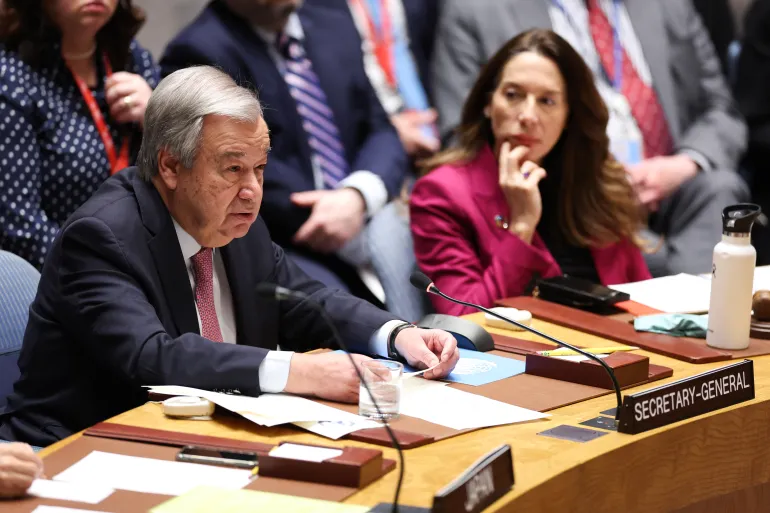A Volatile Confrontation
In a recent and highly volatile session at the United Nations Security Council. Tensions flared as representatives from Iran and Israel exchanged sharp accusations. This development has prompted the United Nations. To call for restraint, underlining the fragility of peace and security in the region. Let’s delve into the significance of this confrontation and the UN’s role in mediating such high-stakes international disputes.
The Spark of the Conflict Iran and Israel
Firstly, understanding the origin of these tensions provides essential context. The discord between Iran and Israel has deep historical roots, often exacerbated by geopolitical maneuvers and regional alignments. At the Security Council, each nation used the platform to voice significant grievances. Accusing each other of destabilizing activities in the Middle East. This backdrop is crucial for grasping the complexities of their interactions on such a global stage.
UN’s Call for Restraint
Moreover, the United Nations’ call for restraint is a pivotal moment in this ongoing conflict. The UN, tasked with maintaining international peace and security. Often steps in to mitigate situations that could escalate into broader conflicts. By urging restraint, the UN highlights its preventive diplomacy role. Seeking to cool down the heated rhetoric and encourage a return to dialogue.
Global Reactions and Implications
Furthermore, the global reaction to this exchange has been mixed, reflecting the polarized views on Iran and Israel’s roles in the region. Some nations have expressed support for Israel’s concerns about security, especially regarding Iran’s nuclear ambitions. Others have shown sympathy towards Iran’s accusations of aggressive policies by Israel. These reactions are indicative of the broader geopolitical alliances and the complex diplomatic landscape within which this conflict unfolds.
Potential Paths to De-escalation
Additionally, exploring potential paths to de-escalation is critical. The UN might facilitate further dialogue between the parties, possibly involving mediators from neutral countries or regional blocs. Initiatives could include confidence-building measures, such as arms control talks or agreements on non-aggression. Each step towards dialogue is a step away from potential military escalation.
The Role of International Diplomacy
In conclusion, the tense exchange at the UN Security Council between Iran and Israel is a reminder of the delicate balance of international diplomacy. The UN’s intervention underscores the importance of multilateral dialogue and the organization’s role in fostering an environment where peaceful negotiations can occur. As the situation evolves, the international community must remain vigilant and proactive in encouraging and supporting efforts towards lasting peace and stability in the region.
Inspired by Al-Jazeera News and Rear More Articles Here. or Read Previous Articles Here.
